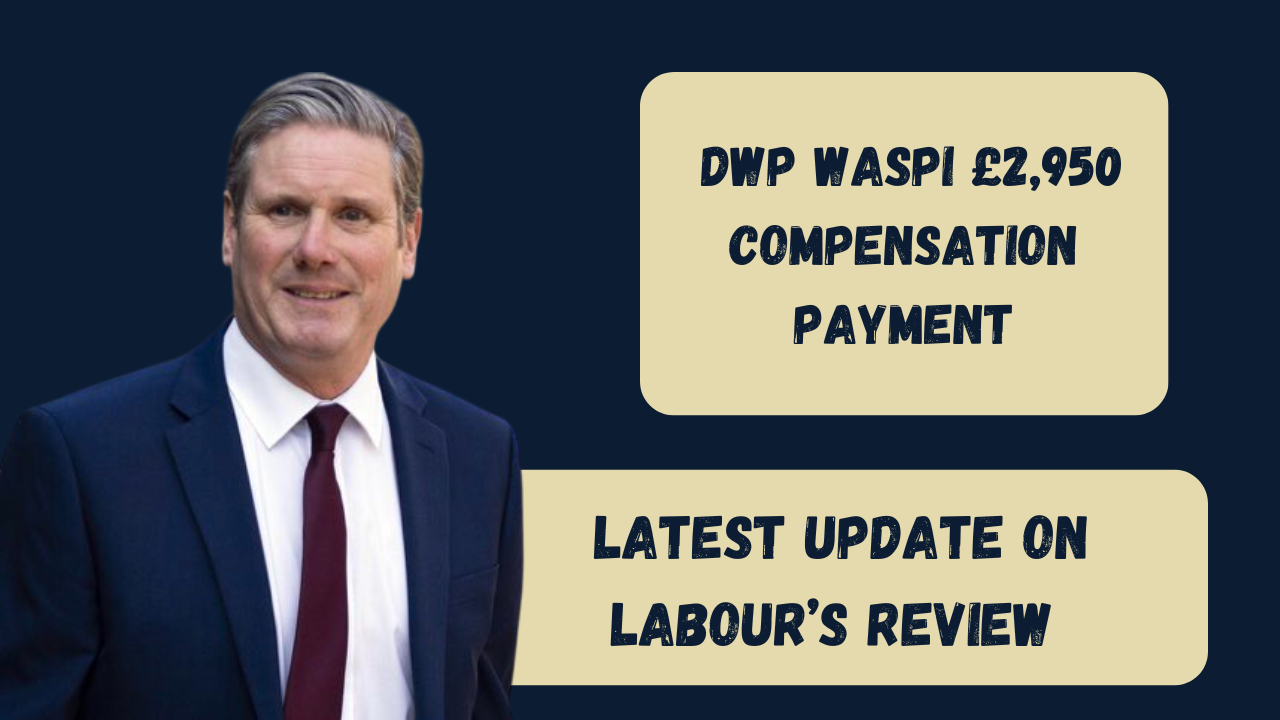WASPI, the Women Against State Pension Inequality campaign, continues fighting for justice for the millions of women born in the 1950s who suffered delays in state pensions after lawmakers changed the age that would determine a person’s state pension, to make the female state pension age equal to that of men. Even though the DWP had good intentions, it failed to communicate properly to many women, leaving them unprepared for major financial upheavals that propelled others into extreme difficulty.
The Parliamentary and Health Service Ombudsman (PHSO) published a report in March 2024 that was heavily critical for the simple reason that DWP had failed to provide an appropriate notice of these changes. It labeled this as an example of “maladministration” and recommended the amount from £2,950 for compensation payments to ease the distress. However, the protesters claim this money is less than what people deserve to compensate for their financial and psychological suffering.
Impact of Pension Delays

The affected women faced financial instability with the changes. Quite a number failed to prepare owing to the short notice they had to remain in the workforce due to the changes, thus disrupting all their laid out plans. In some cases, this translated to others struggling to make ends meet as they should have done during retirement years, losing their houses, or gaining debt.
The WASPI campaign states that the £2,950 PHSO suggests would not cover the ‘deprivation’ she had at the hands of Scottish Ministers. In fact, the activists of WASPI are demanding further compensation with an apology besides it for emotional distress and financial loss.
Ombudsman’s Findings
The DWP had breached its duty of care in not informing affected women that their state pension age was changing, said the PHSO’s investigation. Many felt let down in the outcome when millions were not informed about how these changes would affect their future.
Considering the severe monetary losses and psychological anguish faced by hundreds of thousands of individuals, WASPI leaders consider the Ombudsman’s recommendation of compensating them up to £2,950 is pretty meager.
Political Responses

The plight of the WASPI women has been an issue receiving considerable political attention. In the House of Commons, Labour MP Ian Byrne brought up this issue and requested that the government present a compensation plan by February 2025. Susan Murray, a Liberal Democrat MP, also urged the government to investigate this matter for its next budgetary plans.
Pensions minister Emma Reynolds replied by welcoming the conclusions of the Ombudsman and promising to study the report with care. She did though warn that before a decision could be taken, time had to be allowed to reflect on all information available. Campaigners warn that further delay simply makes the hardships of affected women worse, even though this cautious approach seems sensible in itself.
DWP and Grassroots Advocacy
The Work and Pensions Committee has also reiterated calls for urgent action. The committee requested the government to present detailed compensation proposals ahead of the parliamentary recess this summer. One of their suggestions is to modify compensation payments to reflect both the extent of financial loss and the notice that claimants received.
At grassroots level, the WASPI campaign remains active. The injustice has been put into perspective by mobilizing thousands of supporters through protests, petitions, and a robust social media presence. Overall, WASPI women have received widespread support among the public. Many people say it is hard to believe that people who have made decades of contributions to the pension system should be put in such a vulnerable situation.
Financial Impact Table
Catastrophic, in the case of WASPI women is the financial fallout. Below are the main findings by the Ombudsman and activists:
| Impact Area | Details |
|---|---|
| Compensation Proposed | £2,950 maximum (deemed inadequate by WASPI) |
| Affected Women | Over 3.8 million |
| Notice Period Failure | Insufficient communication about pension delay |
| Reported Issues | Debt, homelessness, financial insecurity |
| Parliamentary Deadlines | February 2025 for compensation scheme |
What’s Next for WASPI Women?

While the government considers the Ombudsman’s findings, WASPI activists are calling for prompt action. With a proposed compensation program deadline of February 2025, there isn’t much time for delays. Many of the impacted women, who are now in their 60s and 70s, worry that justice might not arrive in time to significantly improve their lives.
It has grown into an expression of the importance that fair treatment and clear information play in public policy. It’s not only pay, but it is also a test of the government’s will to right historical wrongs and rebuild public confidence in the pension system.
For these women, a delayed justice is denial in real sense. A bold move on the part of the government has to ensure that these people receive the clarification and compensation they deserve so that they could retire in security and dignity.
FAQs
1. What is the DWP WASPI £2,950 compensation payment?
For women affected by increases to the state pension age, financial compensation is provided through the DWP WASPI £2,950 compensation payment. Its goal is to provide compensation to individuals who were not sufficiently informed about the pension age hike.
2. Who is eligible for the £2,950 compensation payment?
Women born in the 1950s who experienced the steady rise in the state pension age but were not adequately informed are eligible. Certain requirements apply, like age and the time of notification.
3. How can I claim the £2,950 compensation payment?
In order to receive the payment, those who are impacted must apply via the Department for Work and Pensions (DWP). Verifying your birthdate and demonstrating how the changes in the state pension age have affected your income may be necessary steps in the procedure.



